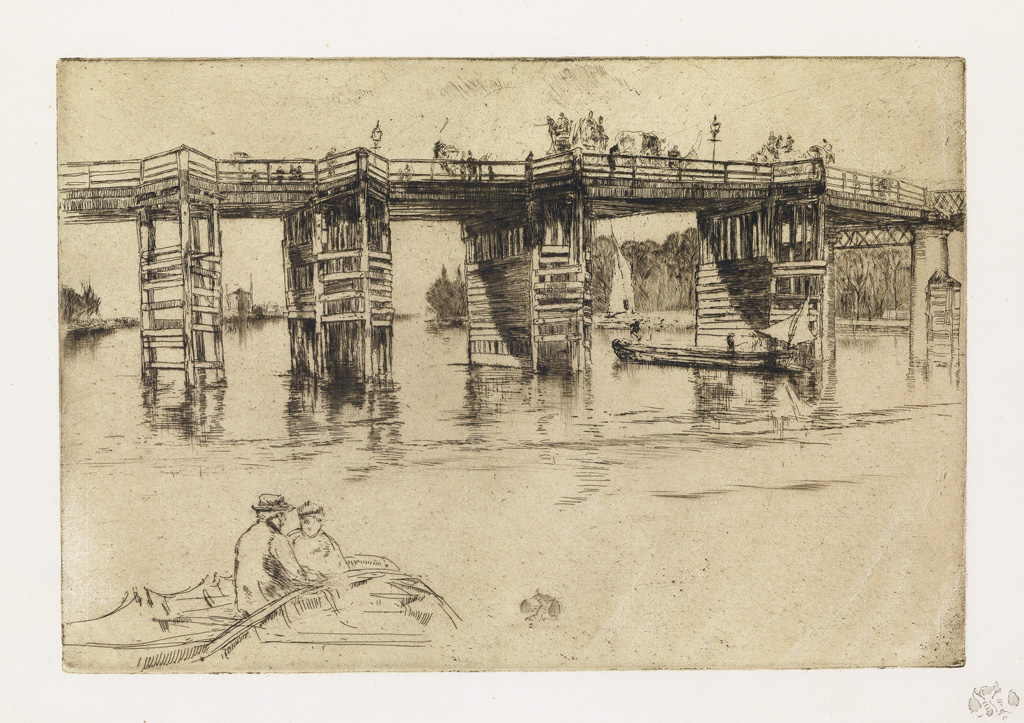Sale 2407 - Lot 27
Unsold
Estimate: $ 15,000 - $ 20,000


Aliquam vulputate ornare congue. Vestibulum maximus, libero in placerat faucibus, risus nisl molestie massa, ut maximus metus lectus vel lorem.